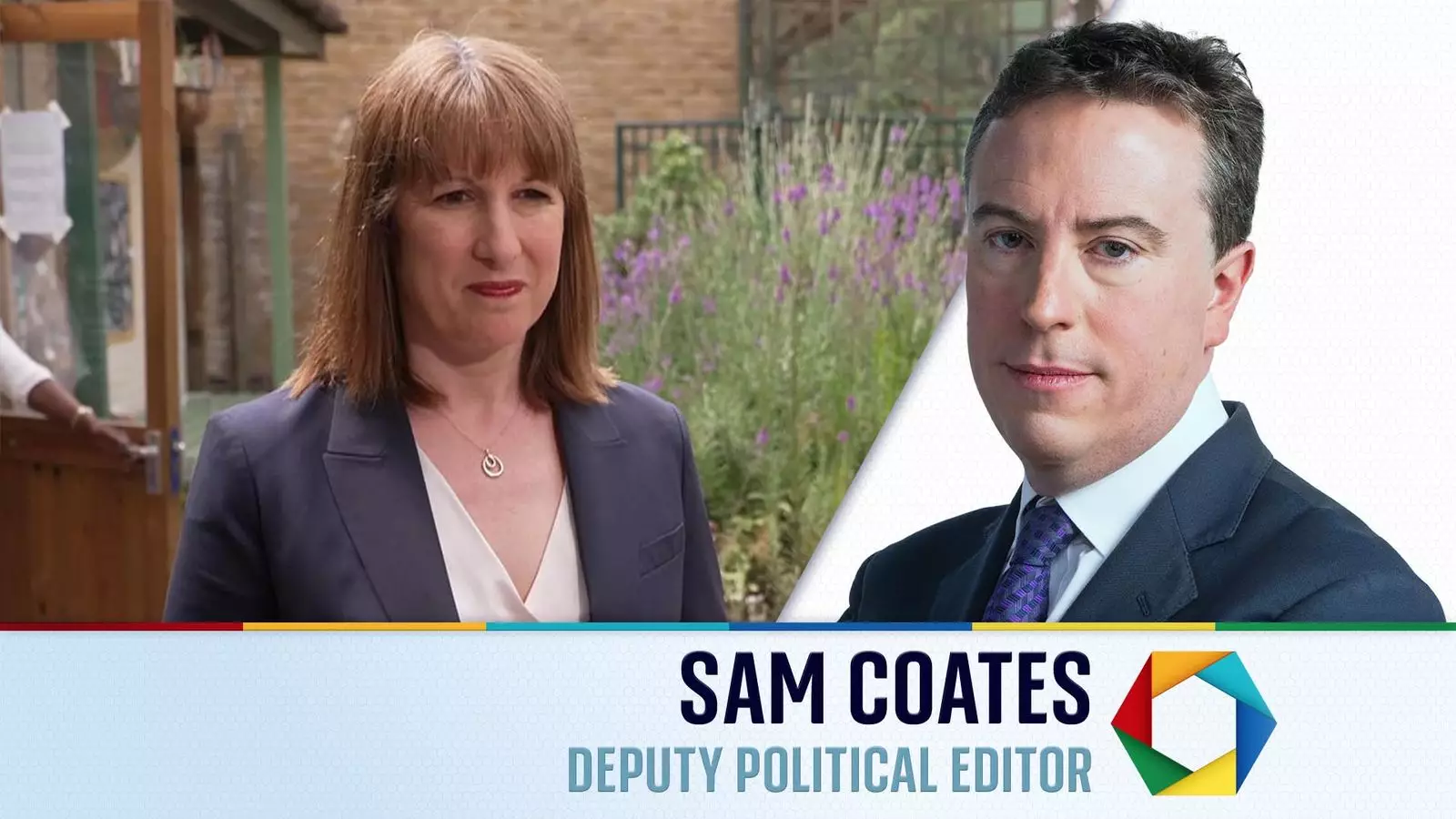The recent decision to reverse the winter fuel payment policy by the Labour government serves as a pivotal moment in political strategy, but it raises alarming questions about fiscal responsibility. Rachel Reeves, often lauded as the “iron chancellor,” has executed this about-face without a concrete plan for funding. This could be her Achilles’ heel, one that her political adversaries will undoubtedly exploit. The prospect of tax increases in the near future doesn’t evoke enthusiasm in any corner, drawing a cloud over the government’s decision-making process and leaving citizens in a state of unease.
Dubious Economic Claims
The justification for this U-turn rests on a shaky premise: purported improvements in economic conditions. However, it’s hard to ignore that this assertion is highly contested. Organizations like the Office for Budget Responsibility (OBR) have significantly downgraded growth forecasts, and the Organisation for Economic Co-operation and Development (OECD) has not offered a more optimistic view either. The narrative that interest rates are declining is misleading, as government policies have contributed to a slower trajectory. A cautious observer would wonder if these claims are a strategic facade designed to placate a restless electorate rather than a reflection of true economic realities.
Identifying Future Risks
With this shift in policy, one can’t help but contemplate the implications for future governmental decisions. Will this lead to further reconsideration of crucial financial policies like the two-child benefit cap or personal independent payments (PIP)? Reversal of these policies could be viewed as capitulation, creating further instability in public confidence. It begs the question—how will financial markets react to these alterations, and is the government prepared to face potential backlash and scrutiny?
Fissures in the Party
This U-turn has also highlighted the growing rifts within the Parliamentary Labour Party. Divisions are stark between factions advocating for increased spending and those adhering to responsible financial stewardship. This internal conflict risks alienating vulnerable MPs in competitive constituencies who have relied on the party’s commitment to sound economic governance. If Labour’s unity fractures over these decisions, the repercussions could be dire, complicating their ability to maintain electoral viability.
No. 10 vs. No. 11 Dilemma
It is evident from this series of events that a divide has emerged between the Prime Minister and the Chancellor of the Exchequer. The Prime Minister stands at a crucial crossroads, realizing that insufficient independent advisory resources have resulted in poor judgments about market reactions. In a world where economic stability is paramount, this disconnect is troubling. Critics are now vocalizing their concerns about this disarray, as many grapple with the fallout from the chancellor’s indecisive maneuvers.
Amidst the backdrop of these difficulties, the overarching reason for the U-turn becomes disturbingly clear: the hope that this significant concession can quell burgeoning dissatisfaction among pensioners and lure back disenchanted voters. Such a gamble, prioritizing short-term political gain over long-term fiscal prudence, casts a long shadow over the Labour government’s aspirations for stability and credibility in the public eye. With implications unfurling, the question remains whether this risky strategy will pay off or spell doom for their political credibility.


Leave a Reply